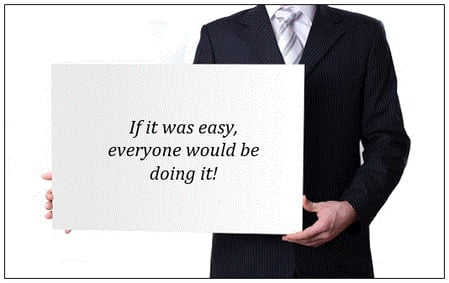
The COVID-19 pandemic has brought about many changes. While some businesses have hit rock bottom, some are thriving and hiring at scale. Businesses in customer care, retail, healthcare, digital marketing, and online training industries are actively hiring because of the new market demands. But unfortunately, recruitment techniques that have been used for years aren’t the same anymore. The need for social distancing has made recruiters and HR professionals work from home, making the shift inevitable. Let’s understand how things have changed.
How has recruitment changed now that COVID-19 is here?
Before the pandemic hit the entire world, recruitment couldn’t be imagined without face-to-face interviews. But considering the criticality of the situation, organizations are adapting to new methods of recruitment to prevent the spread of the virus. Let’s understand how.
Virtual Recruitment: Once a prospective candidate is found, HR professionals are conducting virtual interviews in which the candidates need not visit the corporate office for the interview process. Instead, interviews are happening over video calls.
There are quite a few reliable virtual interview apps that allow scheduling and sending interview invitations, and then interviewing candidates over a video call. Some platforms also allow having virtual job fairs in which several candidates can join a chat room at once and recruiters can get to know them. Moreover, virtual interviews are equally interactive since the HR professional can assess body language, expressions, and gestures, just as they would in an in-person interview.
Candidate Experience: Now that traditional interviews are slowly becoming a thing of the past, HR professionals are going the extra mile to ensure good candidate experience. Here are a few tips that you can also use to deliver good candidate experience if you’re currently hiring:
- Use consistent content or messaging across all channels to communicate how you’re taking effective measures to ensure the safety of candidates. This will also empower you as a brand.
- Provide candidate resources that would help them appear in the virtual interview without any hassle. For example, help them get access to the software or give them a simple guide for the interview process.
- Do not delay interviews hoping that you will soon be able to conduct an in-person interview. Your competitors may take advantage of every minute you lose and it will also have a negative impression on the candidate.
- Build a landing page to which the candidates can be directed to for answers to questions they may have.
Applicant Tracking System: Using an ATS (Applicant Tracking System) is one of the most important recruitment techniques if you’re hiring at scale. It will allow you to work remotely and also make sure that you have the “right” candidate. During the pandemic, employers are hiring based on their fluctuating requirements. For example, many are hiring for flexible roles that may change post-pandemic and many are also hiring candidates on a contractual basis. And an ATS will help you screen the applications based exactly on your requirements so that you don’t unnecessarily spend time and resources on irrelevant applications. Moreover, you can also leverage its other benefits, such as:
- One-click job posting
- Resumes and applications repository
- Seamless interview scheduling
- Automated resume parsing
- Automated emails and follow-ups
- Analytics for conversion rate
Remote Onboarding: Remote work has become a new trending order to minimize physical interaction as much as possible. And to ensure safety even further, employees are being onboarded digitally without having to even set foot in the workplace. But this isn’t as easy as it sounds. To make onboarding seamless, you must:
- Make training is available to new employees so that they can adapt well.
- Give them some time to absorb all the information.
- Communicate the organization’s culture to the new employee.
How you onboard a new employee can make a lot of difference since it can make or break the employee experience. Without it, you can’t say that you have made a successful hire.
Avoid common mistakes and form a new recruitment strategy that adapts to the changes as quickly as you can, because how you do it will determine the future of your organization.
Author Bio:
Kelly Barcelos is a progressive digital marketing manager specializing in HR and is responsible for leading Jobsoid’s content and social media team. When Kelly is not building campaigns, she is busy creating content and preparing PR topics. She started with Jobsoid as a social media strategist and eventually took over the entire digital marketing team with her innovative approach and technical expertise.











